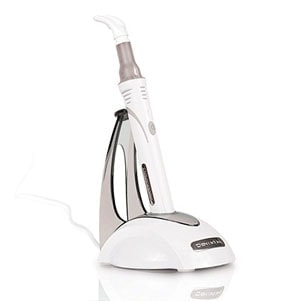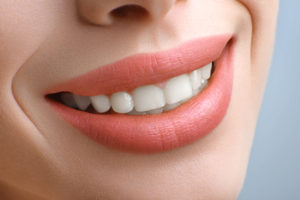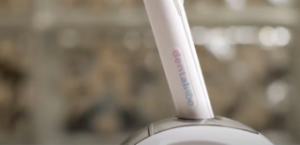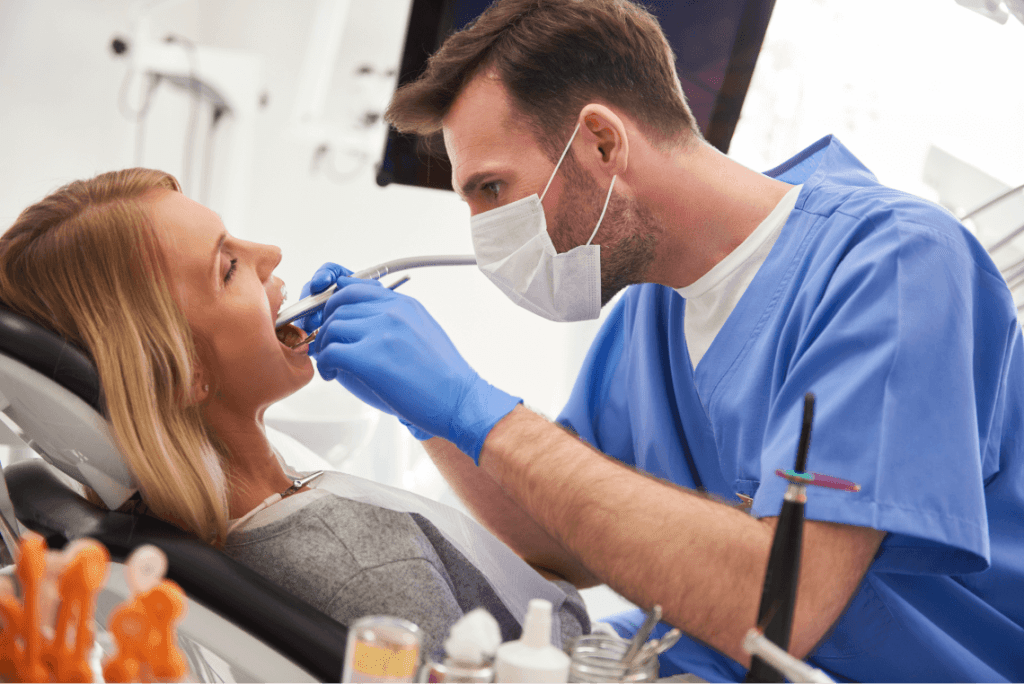Much like the retained dentures, snap-in implant dentures are also fixed onto dental implants. One of the differences is that they do not permanently attach to the implants, meaning you can remove them. These dentures can support a few teeth or sometimes an entire set of teeth.
Snap-in dentures make chewing better than traditional dentures. They also help lift your face and give you a better facial structure. These dentures are more stable than conventional dentures, so they won’t slip out of place. They are also versatile in their use, giving them an advantage over traditional dentures.
Dental implants are used to hold snap-in dentures in place. Depending on your needs and budget, you can have as few as two implants per jaw or as many as 10. The number will largely depend on the damage to your teeth and the percentage of the damaged jaws.
Snap-in dentures, often called overdentures, are retained on the set implants. Unlike fixed implant dentures, these are set so that they can be removable for cleaning.
Who they are for
People missing a large number of their teeth caused by injuries, periodontal diseases, or dental cavities can be fitted for snap in-dentures. These dentures can cover either a section of their teeth and jaw or all the teeth depending on the need.
Snap-in dentures are also a good option for those who don’t want the stress of conventional dentures. If you are tired of always shifting your dentures back in place or dealing with an uncomfortable feeling in your mouth, snap-in dentures are the way to go.
Benefits of snap-in implant dentures
- When compared to conventional dentures, overdentures have more benefits. Some of them include
- Stability. Snap-in dentures are more stable than traditional ones. You don’t have to remove them every day, and don’t come loose easily.
- Make chewing better. While these dentures will not work like regular teeth, you can use them to eat harder and stickier foods without breaking or dislodging them.
- Snap-in dentures have a more natural look compared to conventional ones. They come in different gum colors, so you get to select the color which is closest to your gum. The teeth also seem less synthetic.
- Snap-ins are more comfortable and fit better. They don’t cause a lot of friction on the gums since they are secured to the dental implants.
- It prevents further bone loss and preserves the jawbone.
Drawbacks
Although snap-in dentures have a lot of benefits, they also have some disadvantages. Some of the disadvantages include:
- They are invasive. Snap-in dentures require implant surgery which is an invasive procedure. Their complication rate is relatively low, but some are discouraged by the idea of undergoing anesthesia.
- Compared to conventional dentures, snap-in dentures cost more, and some insurance companies might not cover their cost.
- Their aftercare is also expensive as they might eventually break down. They can also become loose and require tightening over time which will cost more money.
- Some people might need a bone graft to support the dentures. This is done on people who have a high level of tooth or gum decay. The bone graft is more expensive and requires an extended healing time.
Care and maintenance
Caring for your dentures and regular maintenance will ensure you get a longer lifespan from them.
Since snap-in dentures are not permanently fixed, it is very important to brush your tongue, palate, and gums every day using a soft-bristled toothbrush before wearing it. General oral hygiene will help the dentures to last longer. You will also need to rinse the dentures before brushing to remove any debris or loose food particles.>
Use a soft-bristled brush with a nonabrasive cleaner to remove any particles on the surface of the dentures. Floss your natural teeth regularly to prevent plaque buildup and the formation of cavities.
When it comes to maintenance, place the dentures in clean water in a safe area when not in use. Always consult your dentist if you notice a change in the dentures. Regular shifting will happen since they are not permanently fixed but see your dentist if they seem to shift a lot or if the implants become loose. Do not attempt to fix it yourself, as this could result in further damage.
















